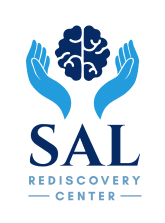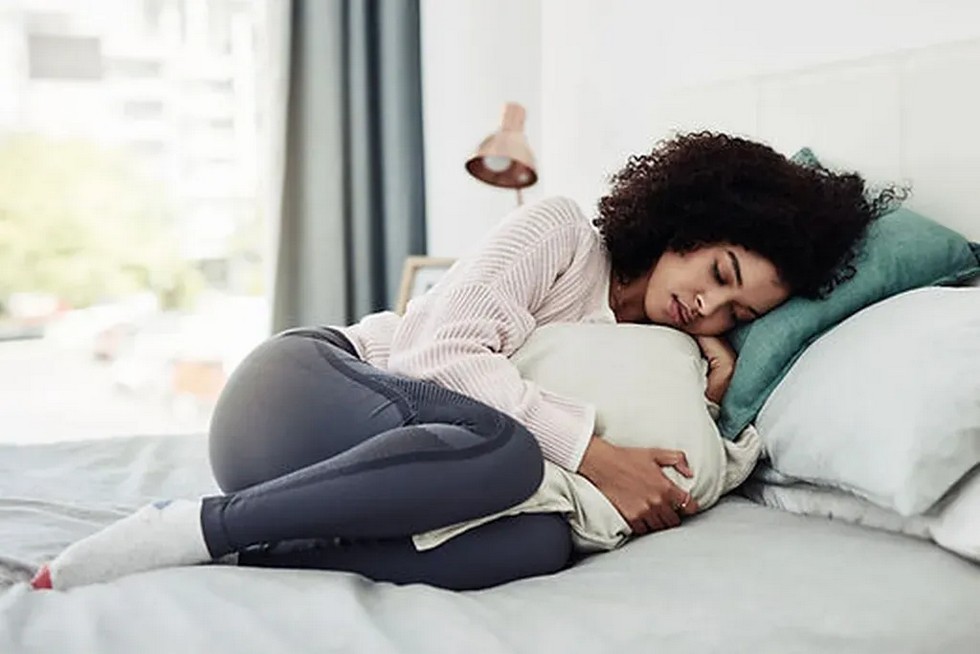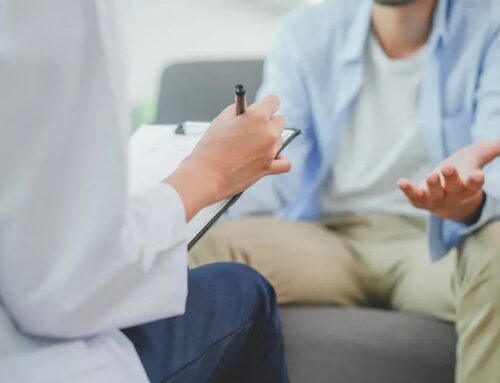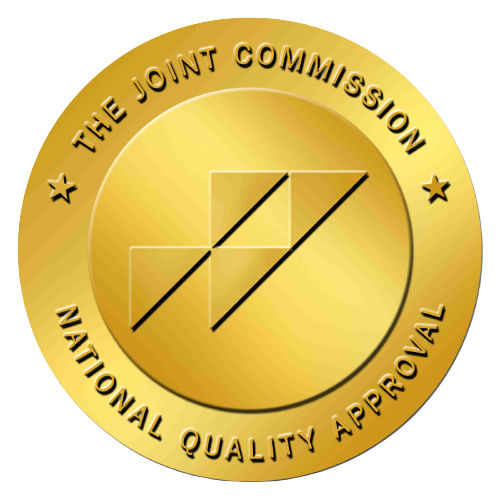Everyone feels anxious or down from time to time. But there’s a difference between occasional anxiety or the blues and symptoms that overtake your life. Keep reading to learn how to know when it’s time to seek help.
Anxiety and depression are among the most common mental health struggles in the United States. About one-fifth of American adults experience problematic symptoms of anxiety and nearly 18 million struggle with at least one episode of depression each year.
What’s more? Many people experience both anxiety and depression together. Research shows about 60% of people with one disorder also have symptoms of the other.
At Sal Rediscovery Center in Norwalk, California, Salisu Aikoye, MD, and our team of mental health experts offer diagnosis and ongoing help for patients in the Greater Los Angeles area struggling with anxiety and depression.
Since experiencing feelings of anxiety and depression vary, Dr. Aikoye also understands it can be challenging to know when your symptoms require professional help. Keep reading to learn about some common signs it’s time to schedule an appointment.
Understanding Anxiety
Anxiety is an umbrella term used to cover many anxiety-related mental health disorders, including:
- Generalized anxiety disorder
- Social anxiety disorder
- Separation anxiety disorder
- Panic disorders
- Phobias
- Agoraphobia
The most common of these is generalized anxiety disorder, which puts you in a state of flight-or-fight nearly all the time. This response evolved to help protect you when facing a stressful situation.
The flight-or-fight response causes stress hormones to flood your bloodstream, increasing your heartbeat, and respiratory rate, and constricting your blood vessels to raise blood pressure. These physical reactions give you the tools you need to have a burst of speed to run away from a threat or fight off something dangerous.
When you have generalized anxiety disorder, your body spends too much time in this stressful state in response to threats that aren’t physically dangerous or aren’t there. As a result, you experience symptoms of anxiety, like:
- Constant preoccupation or worry
- Inability to redirect your thoughts away from worry
- Feelings of impending doom or dread
- Feelings of panic
- Trouble sleeping
- Feeling shaky or trembling for no apparent reason
- Difficulty focusing or concentrating
Because of the near-constant presence of stress hormones, your physical health is impacted, too.
Understanding depression
It’s natural to feel sad or depressed in reaction to a situation. But for people with major depression, these feelings of low mood and other symptoms last at least two weeks.
Depression affects people in different ways, but some common symptoms of depression include:
- Feelings of guilt, helplessness, or worthlessness
- Persistent feelings of sadness, emptiness, or anxiety
- Increased irritability
- Not being interested or finding pleasure in things you used to enjoy
- Trouble with sleep
- Lack of energy or fatigue
- Frequent crying
- Feelings of hopelessness
- Trouble concentrating, remembering, or making decisions
- Feeling generally pessimistic
- Talking or moving slower than usual
- Feeling restless or having difficulty sitting still
- Changes to your appetite or weight
- Thoughts of death or suicide
- Physical symptoms without a clear physical cause
Keep in mind, that the severity or frequency of depression symptoms depends on many factors, and they can change over time.
Signs you need help for anxiety or depression
Everyone experiences feelings of anxiety, worry, and symptoms of depression occasionally. However, there are two key signs it’s time to seek professional help:
- Your symptoms are severe enough that they interfere with your ability to perform your daily activities or responsibilities.
- You can get through your daily routine, but your symptoms mean you’re miserable, on edge all the time, unmotivated, or always unhappy or worried.
For some people, physical symptoms associated with anxiety and depression can also mean it’s time to get help. If you’re having shortness of breath, chest pain, other signs of panic attacks, or severe physical symptoms, like headaches, back pain, or digestive issues, schedule an appointment.
Treating anxiety and depression
If you suspect your anxiety or depression needs treatment, know that effective therapies exist to ease your symptoms — even when severe. At Sal Rediscovery Center, our providers offer anxiety and depression screenings to ensure an accurate diagnosis.
Based on your needs, your therapy plan may include one or a combination of treatments that meet your unique lifestyle and preferences, including:
- Diet and exercise counseling
- Nutritional supplements
- Light therapy
- TMS therapy
- Psychotherapy
- Medication(s)
- Group therapy
- Art therapy
- Meditation
Learn more about anxiety and depression and the treatment available to help by scheduling an appointment online or over the phone at Sal Rediscovery Center in Norwalk, California.








Leave A Comment